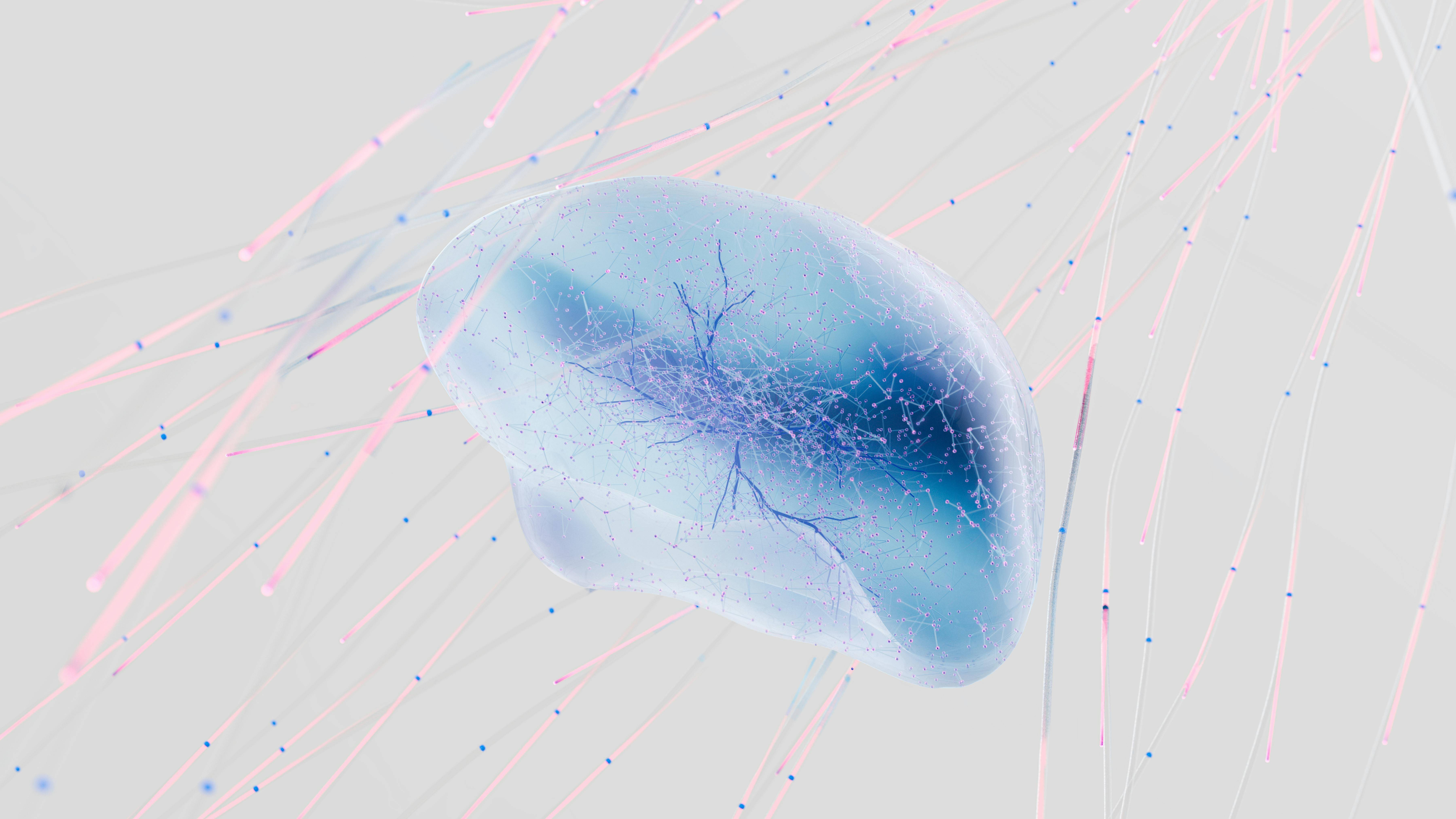Beyond Thank You Notes: Harnessing the Psychology of Appreciation for Lasting Impact

By Stavy Papasotiriou, Organisational Psychologist and Founder of Work Unlocked
In a world filled with deadlines, meetings, and bottom lines, it's easy to overlook the power of appreciation in the workplace. Yet, research consistently demonstrates that a culture of appreciation not only boosts morale and motivation but also enhances productivity, creativity, and employee retention. So, how can organisations move beyond perfunctory thank you notes and truly harness the psychology of appreciation for lasting impact? Let's unpack this...
UNDERSTANDING THE PSYCHOLOGY OF APPRECIATION
At its core, appreciation is more than just polite manners—it's a fundamental human need deeply rooted in our psychology. When we feel seen, valued, and acknowledged for our efforts, our brains respond with a surge of positive emotions and neurotransmitters, including dopamine and serotonin. These neurochemicals not only elevate our mood but also enhance our cognitive function, creativity, and overall well-being.
Moreover, appreciation strengthens social bonds and fosters a sense of belonging and trust within teams and organisations. When colleagues express genuine gratitude and recognition for one another's contributions, it cultivates a culture of reciprocity, cooperation, and mutual support.
MOVING BEYOND THANK YOU NOTES
While thank you notes certainly have their place, true appreciation goes beyond mere words on a page. To have a lasting impact, organisations must adopt a multifaceted approach that encompasses both formal and informal expressions of gratitude. Here are some strategies to consider:
- Personalised Recognition: Take the time to tailor your expressions of appreciation to each individual's preferences and personality. Whether it's a handwritten note, a public shout-out during a team meeting, or a small token of gratitude, personalised recognition shows that you value and understand each employee as a unique individual.
- Peer-to-Peer Appreciation: Encourage a culture of peer-to-peer recognition where colleagues have the opportunity to celebrate one another's successes and contributions. This not only spreads positivity throughout the organisation but also fosters a sense of camaraderie and teamwork.
- Recognition Programs: Implement formal recognition programs that acknowledge and reward employees for their exceptional performance, innovation, and dedication. Whether it's through monetary incentives, awards, or professional development opportunities, recognition programs provide tangible reinforcement of desired behaviours and outcomes.
- Leadership by Example: Leaders set the tone for organisational culture, so it's essential for them to lead by example when it comes to appreciation. By regularly expressing gratitude, recognising achievements, and celebrating milestones, leaders demonstrate the importance of appreciation and inspire others to do the same.
- Cultivate a Culture of Feedback: Feedback is a powerful form of appreciation that not only acknowledges past efforts but also provides guidance for future growth and development. Encourage open and honest communication where feedback is seen as a gift rather than a criticism, and where individuals feel empowered to both give and receive constructive feedback.
THE RIPPLE EFFECT OF APPRECIATION
When organisations prioritise appreciation as a core value, the impact reverberates far beyond individual interactions. Employees feel more engaged, committed, and motivated to go above and beyond in their roles. Teams become more cohesive, collaborative, and innovative, as trust and mutual respect form the foundation of their relationships. And ultimately, organisations thrive as they attract and retain top talent, drive performance and productivity, and create a culture where everyone feels valued and empowered to succeed.
CONCLUSION
In closing, let us remember that appreciation is not just a nicety—it's a strategic imperative that drives positive outcomes and fosters a thriving organisational culture. By harnessing the psychology of appreciation and making it a central tenet of our workplaces, we can unlock the full potential of our teams and create environments where everyone can flourish and succeed.
ABOUT THE AUTHOR
Stavy Papasotiriou is an organisational psychologist and the visionary behind Work Unlocked — a leading HR consultancy on a mission to revolutionise employee engagement, performance, and retention in businesses worldwide. With a profound understanding of HR practices, Stavy leverages psychological principles to unleash the untapped potential of workforces. At Work Unlocked, Stavy crafts bespoke strategies that are grounded in research and tailored to each organisation's unique needs. These strategies are designed to yield remarkable results while requiring minimal resources.




